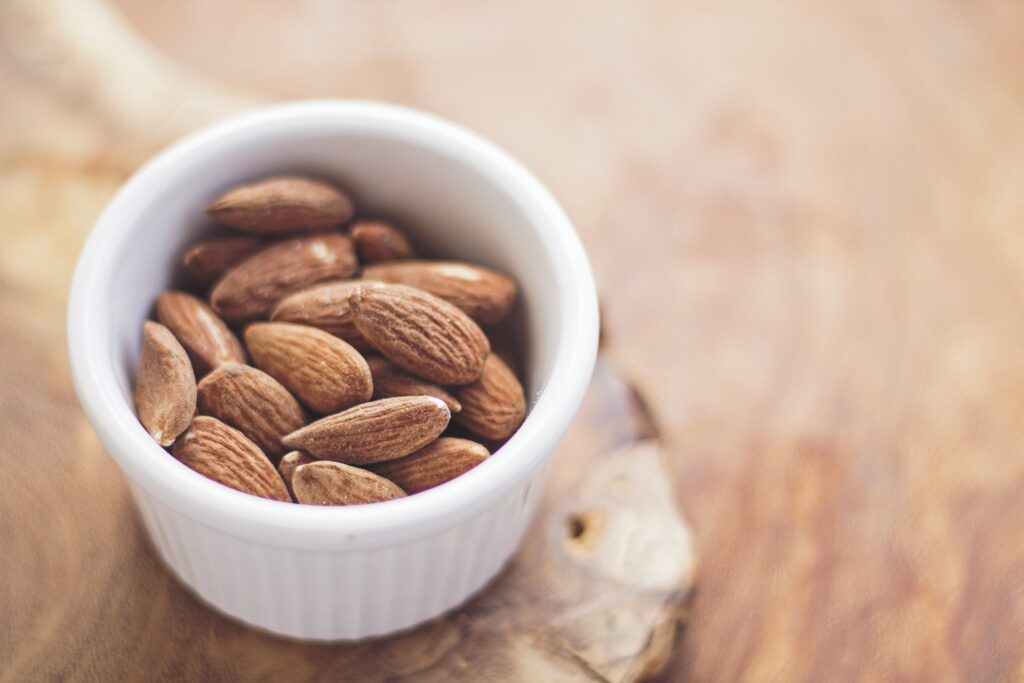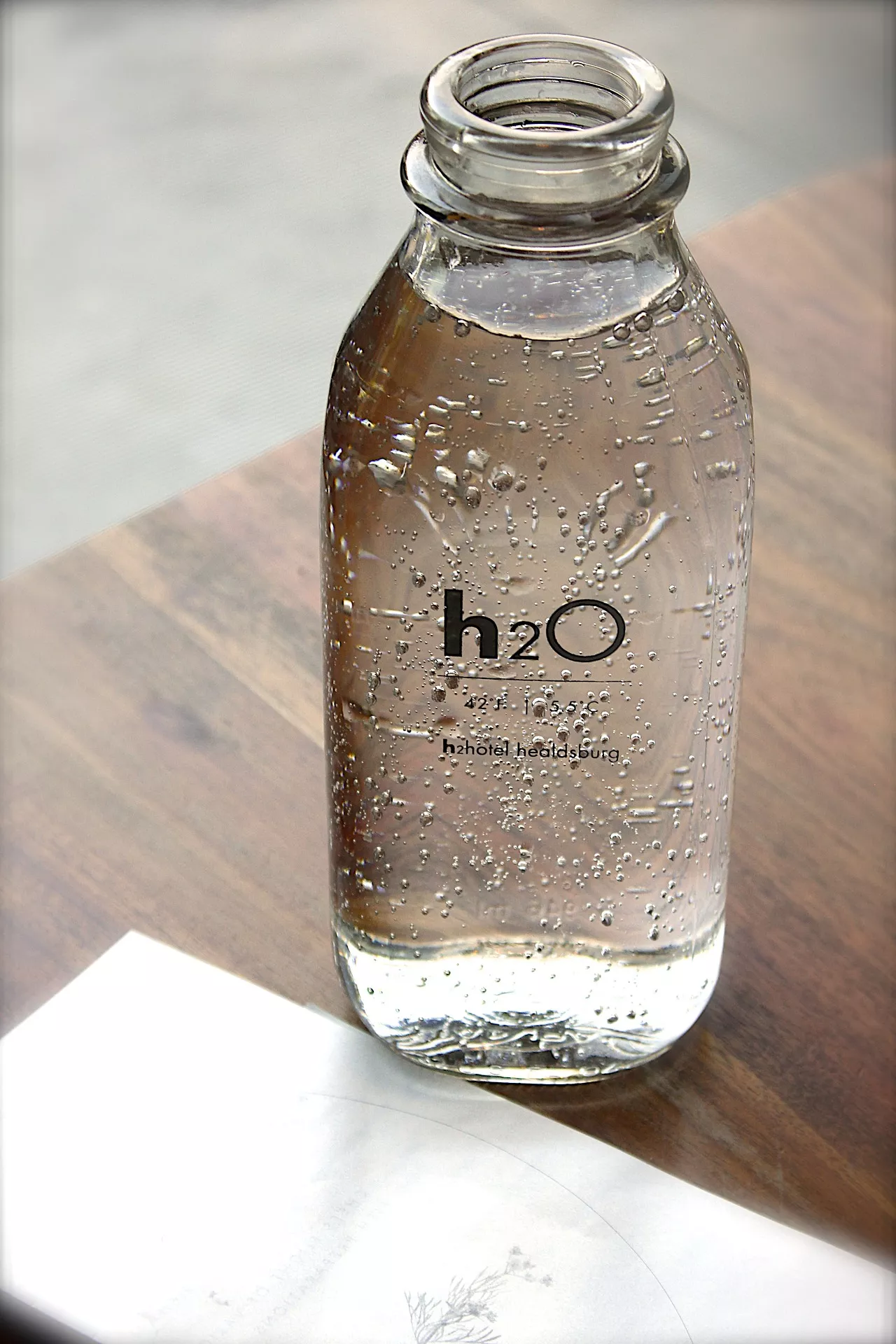Protein, are you consuming enough?

Are you consuming enough protein on a daily basis?
Protein intake is essential for the functioning of your cells and tissues. Ongoing low protein intake can result in:
- Muscle weakness
- Fatigue
- Slow exercise recovery
- Muscle wastage
- Poor hormone and enzyme production
Protein needs to be consumed in small amounts regularly to ensure healthy bodily functions. The primary role of protein relates to the structure, function and regulation of the body’s cells and tissues, which includes:
- Tissue repair and production (protein synthesis)
- Hormone production eg. insulin, leptin and ghrelin
- Enzyme production eg. pepsin, trypsin, amylase and lipase
- Immune function eg. regulate immune cells like macrophages and lymphocytes
- Energy production
Protein is made up of amino acids which are required for various roles in the body. In order for the human body to efficiently utilise protein, protein must first be broken down into its smaller component amino acids.
There are 500 naturally occurring known amino acids, however, only 20 of which are needed by humans, as they are found in the genetic code (DNA) of the human body.
Of the 20 amino acids that are necessary for life:
Nine are considered to be essential, as they cannot be produced in the body and must therefore be obtained from the diet. These essential amino acids are commonly referred to as Essential Amino Acids.
Six are considered conditionally non-essential, as they can be made in the body; however under times of stress or nutrient deficiency/depletion, they may become essential.
Five are non-essential and can be made in the body at any time.
There are various forms of protein that you can include in your diet each day. Some of these are:
- Meat
- Fish
- Eggs
- Pulses
- Nuts/seeds
- Dairy products
- Tofu
- Quinoa
However, NOT ALL PROTEIN IS CREATED EQUAL. The amount of protein in 100g of one form of protein can vary considerably compared to the amount found in another form of protein. For example, there is approximately 30g of protein in a 100g piece of meat and there is only 18g protein in 100g of tofu. Ensuring you consume adequate amounts daily is important for ongoing health and wellness.
Also, some forms of protein are far more nutritionally rich and other forms are higher in fibre.
The choice and amount of protein you should consume all depends on your individual nutritional needs, age and activity levels. Our varied bodies and the lifestyle we live dictates our individual needs.
At NourishingMe we can assess your protein intake and fine tune your diet to suit your bio-individual needs.



